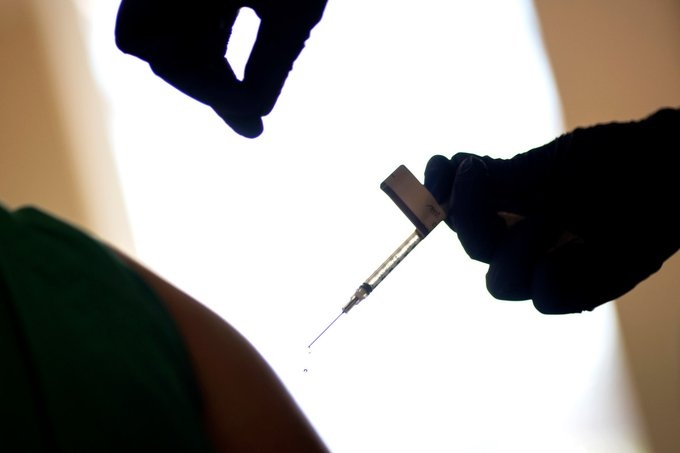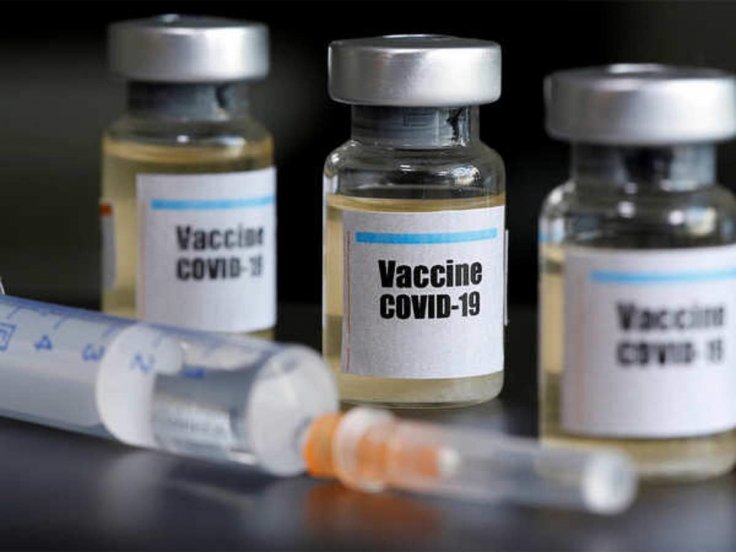As countries like the US, UK and Singapore began mass COVID-19 vaccination program to fight against the Coronavirus pandemic, many people have raised concerns about the side effects. While many experts say that a reaction to a COVID-19 jab is common, a US nurse said that the second dose is more likely to cause side effects.
David Flores, the emergency room nurse at the University of California San Diego health center, received the COVID-19 vaccine developed by Pfizer and BioNTech. He received the second dose of the vaccine on Thursday, January 7, and noticed that unlike the first dose, the second shot caused more side effects.
"My hips were killing me. I had a hard time sleeping because of that. I couldn't get comfortable. My back, knees and ankles hurt," said Flores. According to him, a lot of his co-workers also shared similar experiences.

Why Does Second Dose Hurt More?
Dr. Edward Cachay, infectious disease specialist at UCSD said that they observed the second dose effects during the clinical trials. "When people receive that second dose, they are receiving the second booster to try and reach the maximum efficacy. So, by boosting the immune system, in general, people develop joint pains and low-grade fevers that usually last 24 to 48 hours," said Dr. Cachay.
The most common side effects of the Pfizer-BioNTech vaccine include pain at the injection site, tiredness, headache, muscle pain, chills, joint pain and fever. Pfizer said that almost 3.8 percent of their clinical trial participants experienced fatigue and two developed headaches as a side effect.

Another vaccine, developed by Moderna had 9.7 percent of their participants experiencing fatigue, while 4.5 percent of people had headaches.
Dr. Cachay said that despite the side effects patients should get the second jab. "Whenever you receive the first shot, you are protected only approximately 51 percent, so you need that second dose to get that 95 percent against COVID-19," he added. According to the healthcare professional, the recipients don't get maximum immunity until 10 to 14 days after the second dose.
The USCD nurse, Flores, said that even though he experienced joint pain, he made the right decision by taking both shots. "It's the lesser of two evils. Just being sick for a day or so and being either dead or being sick for months or days, is a pretty good trade-off," he added.
UCSD officials said that they have already given the vaccine to almost 10,000 staff members. Many of them have already started receiving the second dose. But about three percent of staff members have declined the vaccine.









